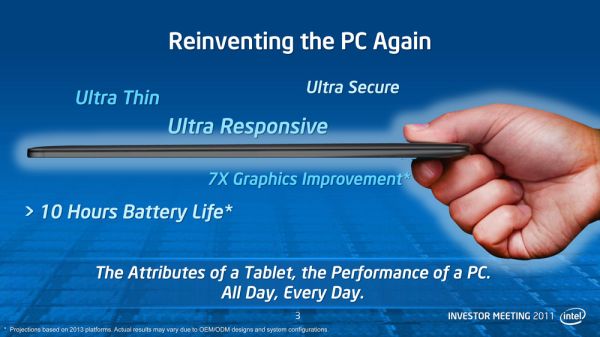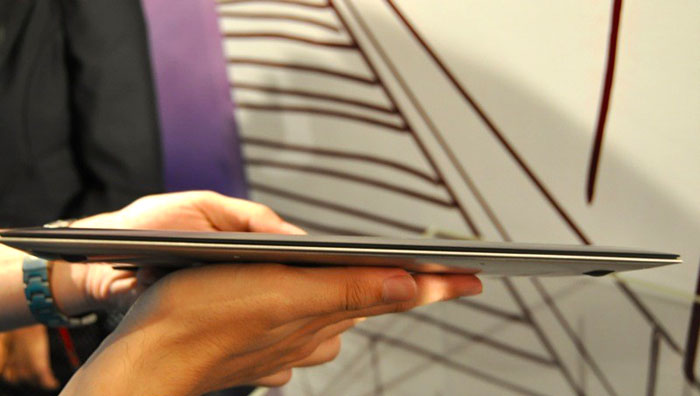It's a rare day when proponents of free and open source software are rooting for Microsoft in court, yet that's exactly what's going on with regard to the software giant's battle against Canadian i4i, which specializes in collaborative content technologies.
A judgment was actually made in the case last year, when i4i won support for its charge that Microsoft was infringing a patent i4i holds on custom XML capabilities. Microsoft subsequently lost its appeal of that decision and was ordered to pay i4i more than $290 million, as well as to remove the capabilities in question from Word 2007.
On Monday, however, the Supreme Court agreed to hear Microsoft's new appeal following the submission of no fewer than 11 supporting amicus briefs from the likes of Google, the Electronic Frontier Foundation (EFF), the Apache Software Foundation, and other big-name ventures.
Why the rally of support from such unlikely quarters?
Because at issue is a very critical question that's at the heart of much litigation over software patents. Specifically, the issue is how far a party needs to go to invalidate a patent.
Typically, the standard in most civil cases is simply a "preponderance of the evidence" suggesting that the facts are mostly likely true, as EFF fellow Michael Barclay explained in a blog post yesterday.
When it comes to patents, however, a more stringent standard has been used, requiring that the defendant present "clear and convincing" evidence instead.
That more stringent standard "unfairly burdens patent defendants, especially in the free and open source software context," Barclay wrote. It also "undermines the traditional patent bargain between private patent owners and the public and threatens to impede innovation and the dissemination of knowledge."
Fingers Crossed
Of course, many in the free and open source software community believe that software patents are highly problematic in multiple ways--myself included. But the hope now, at least in the short term, is that Microsoft will prevail in this appeal, making it easier henceforth to challenge bad patents and win. If that happens, we'll all benefit from the increased innovation that will surely result.
A decision is expected in the case in the first half of next year. In the meantime, the EFF plans to file another briefing in support of Microsoft, and supporters of open source software around the world are keeping their fingers crossed.
I never thought I'd say this, but this is one court battle Microsoft really needs to win.[source]












0 comments:
Post a Comment